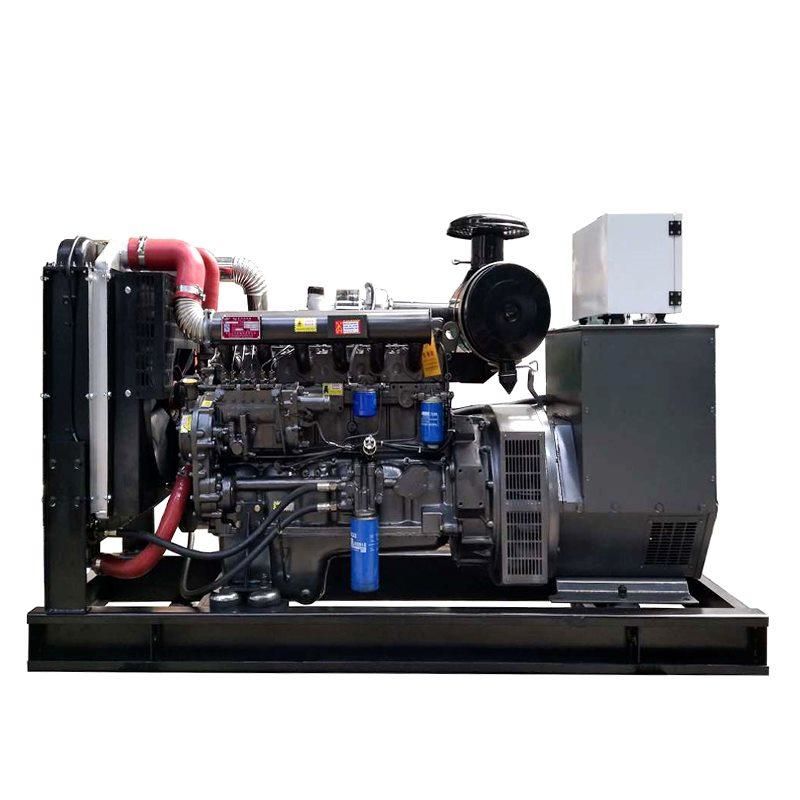In recent news, concerns have been raised about the use of diesel generators in industries and households. Despite their widespread use, diesel generators have been associated with several environmental and health hazards. In this article, we will explore the intricacies of diesel generator usage, their impacts on society, and potential alternatives.
Diesel generators are often used as backup power sources in remote or off-grid locations. They are also used in larger facilities and industries to power heavy machinery and equipment. However, the combustion of diesel fuel releases harmful gases, including nitrogen oxides, carbon monoxide, and particulate matter, into the air. These pollutants have been linked to respiratory ailments, such as asthma and lung cancer. They also contribute to global warming and climate change.
The use of diesel generators is prevalent in developing countries where grid power is unreliable or nonexistent. However, the increasing affordability of renewable energy options, such as solar and wind power systems, is making diesel generators less necessary. In some cases, renewable energy options prove to be more cost-effective in the long run, despite the initial investment being higher.
Aside from environmental concerns, diesel generators also pose certain health and safety risks. Because they are often used in enclosed spaces, such as buildings and homes, exhaust fumes can accumulate and cause carbon monoxide poisoning. Moreover, fuel storage and handling can be hazardous, as diesel is highly flammable.
Despite these risks, diesel generators remain a popular choice for many households and industries. They have proven to be reliable and efficient sources of electricity, especially in areas where grid power is limited. Nevertheless, there are steps that can be taken to minimize their environmental and health hazards.
One such step is to improve the design and efficiency of diesel engines. The use of modern, cleaner-burning engines and technologies, such as selective catalytic reduction, can greatly reduce emissions. Additionally, regular maintenance and inspection of diesel generators can help prevent malfunctions and ensure proper ventilation.
In the long term, however, it may be necessary to transition away from diesel generators altogether. The use of renewable energy sources, such as solar arrays and wind turbines, can provide clean and sustainable power with lower operating costs. Governments can also incentivize and encourage the adoption of renewable energy systems through tax breaks and subsidies.
In conclusion, diesel generators have played a significant role in providing power to households and industries worldwide. However, their use is also associated with environmental and health hazards that cannot be ignored. While improvements in engine design and maintenance can help mitigate these risks, transitioning to renewable energy sources is ultimately the most sustainable solution. It is up to governments and industries to prioritize the adoption of clean energy and ensure a sustainable future for generations to come.
Post time: Apr-21-2023

